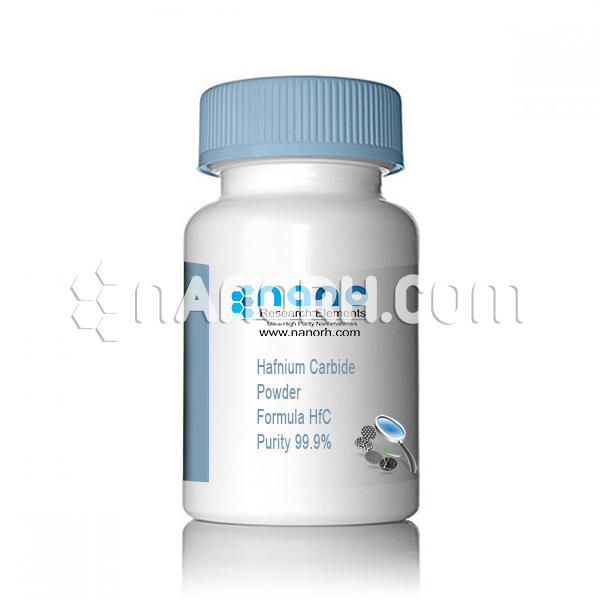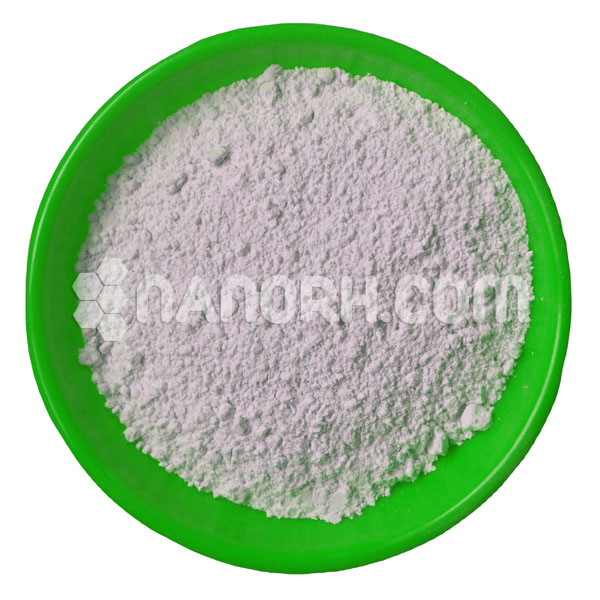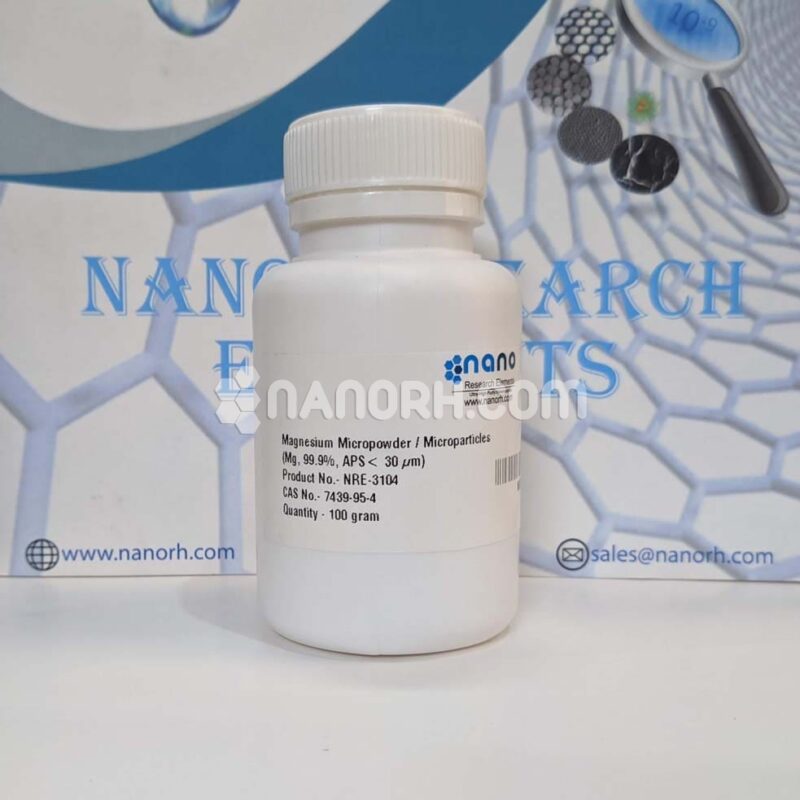| Hafnium Carbide Micropowder | |
| Product No | NRE-11109 |
| CAS | 12069-85-1 |
| Purity | 99.5% |
| APS | <50 µm (can be customized) |
| Molecular Weight | 190.50g/ mol |
| Density | 12.2g/ cm3 |
| Color | Gray/Black |
| Formula | HfC |
| Melting Point | 3958 ºC |
| Boiling Point | NA |
Hafnium Carbide Micropowder
Hafnium carbide powder has several potential applications owing to its unique properties. Hafnium carbide (HfC) is an extremely hard refractory ceramic material, similar to tantalum carbide and titanium carbide. Some of its notable applications include:
Refractory Materials: Hafnium carbide has an extremely high melting point (approaching 3900°C) and excellent chemical stability at high temperatures. Thus, it finds use in high-temperature applications such as in making refractory materials and coatings for components exposed to extreme environments.
Cutting Tools: Its extreme hardness makes hafnium carbide powder an attractive candidate for cutting tools in industries where high wear resistance and strength are required. Incorporating hafnium carbide into cutting tools can significantly improve their performance and durability.
Aerospace Applications: Hafnium carbide is being explored for use in aerospace applications, especially in the development of thermal protection systems for spacecraft and high-speed aircraft. Its ability to withstand high temperatures and harsh conditions makes it suitable for components in these demanding environments.
Nuclear Applications: Hafnium carbide has also been studied for its potential use in the nuclear industry, particularly as a material for the construction of control rods, which are used to control the rate of nuclear fission in reactors. Its high melting point and chemical stability are advantageous in this context.
Ceramics and Composites: Hafnium carbide can be incorporated into ceramic materials and composites to improve their properties, such as hardness, strength, and thermal stability. This makes it suitable for applications in various industries, including the manufacturing of high-performance ceramics and composite materials.
Electronics and Semiconductors: Hafnium carbide is being explored for potential applications in the field of electronics and semiconductors. It may be used in the development of high-temperature and high-power electronic devices, owing to its ability to withstand extreme conditions and its compatibility with other semiconductor materials.
Thermal Barrier Coatings: Hafnium carbide can be used as a component in thermal barrier coatings, providing protection to components in gas turbines and other high-temperature applications. These coatings help improve the efficiency and durability of the components by reducing heat transfer and improving thermal insulation.



